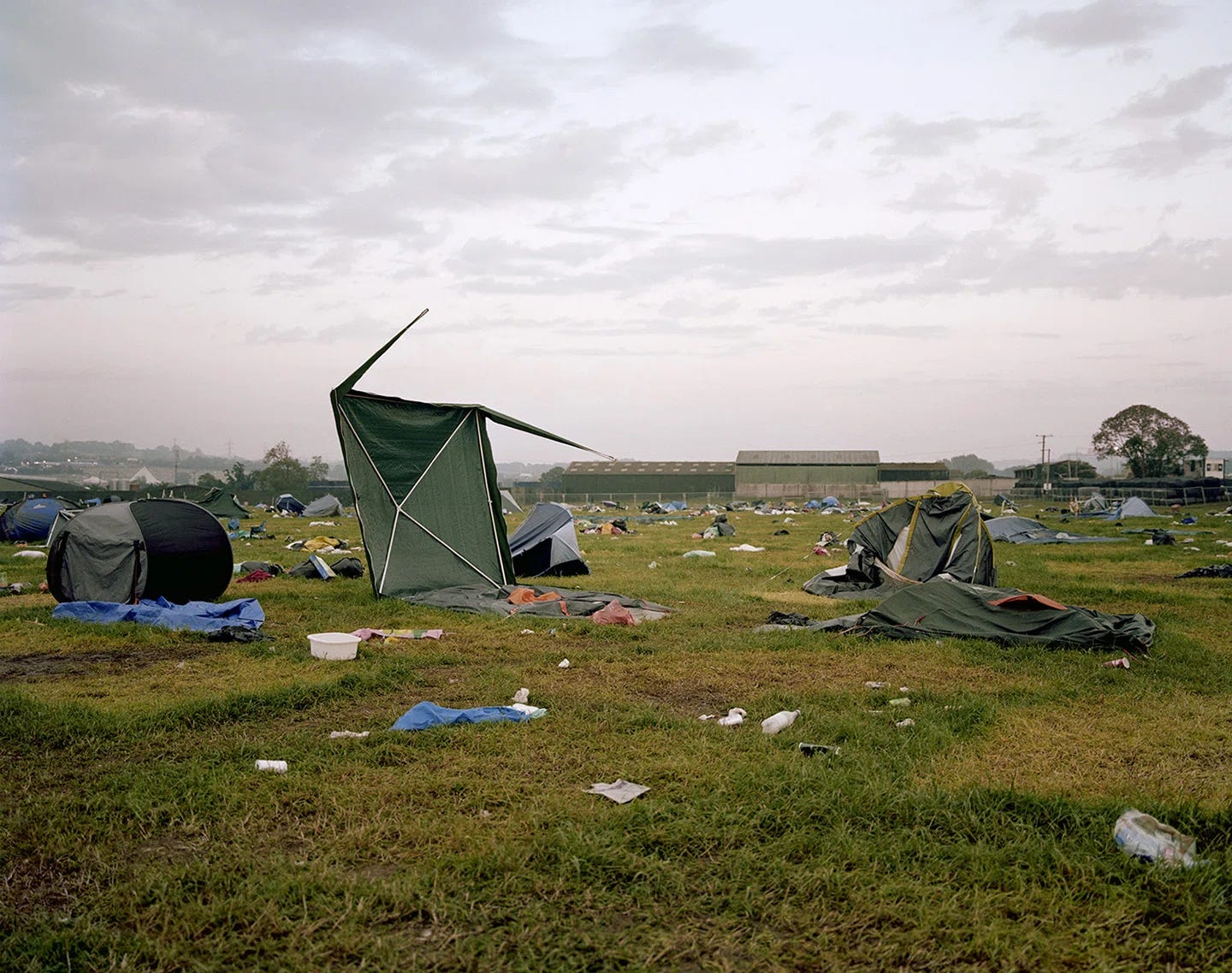On next steps in initial teacher education
The next two years will be crucial

The last couple of weeks have given me a little of that ‘morning after’ feeling. After advocating in my own special way for better Initial Teacher Education (ITE) and for broader support for evidence-based practice, the Strong Beginnings report was a real high. Now the reality of implementation is starting to set in and many universities have expressed cries of ‘We already do this,’ and ‘Cognitive science belongs in the lab.’ I’m using some licence here, but if you want proof that this important and long overdue change might be difficult to put into practice, check out the discussion at this Australian Teacher Education Association (ATEA) meeting.
Glenn Fahey at The Centre for Independent Studies (CIS) has recently released a paper making recommendations that go some way to potentially solving some of the issues. There are some familiar items that seem like low-hanging fruit to me, but again the universities’ grip on maintaining the status quo has and will make these difficult to implement. For example, aligning supply and demand through financial incentives that give a kind of ‘golden handshake’ to science and mathematics teachers, into their first years of teaching, seem like a no-brainer to me. Similarly, the idea of a ‘heat map’ to show actual supply and demand would help a lot of prospective teachers to manage expectations.
Similarly, a one-year course for career changers will mean that teaching is a feasible career. I’ve written about career changers here, being one myself. Try getting a well-paid engineer to take two years without pay to then earn less for the foreseeable future. Universities have a financial and reputational interest in fighting this one: first, their teacher training course revenue halves, but also, a one-year degree raises questions about whether the second year has much value. This may change with the reforms, but there is a current financial reality to getting work-experienced and qualified grown adults into a profession where their primary reason for switching must surely be vocational.
The CIS report suggests that the literacy and numeracy test be scrapped (probably a good thing, given its current form and administration) and that teachers be tested in a final teacher-knowledge exit exam. I have reservations about this, because it shifts the onus onto the student when we know that universities have sometimes taken a pick-n-mix approach to the teaching standards. Without knowing what the disincentives for non-compliance will be, it’s hard to know who would suffer — the university who might (or might not) suffer reputational damage, or the individual student who learned about web quests instead of a deep and integrated dive into how cognitive load theory applies to curriculum and classroom instruction.
The terms of reference for ‘Strong Beginnings’ did not include support for practicum placements or early career teachers and I hope that’s coming. Some of the whataboutery was concerning exactly this and I don’t think these commentators are wrong. ITE is just the beginning, but the attrition problem is much bigger than this. Taking on a practicum student is work, with some universities providing incredible support to hosts and students, and other providing very little. Host or mentor teachers are given no guidance about how to coach a teacher and with the proposed reforms may have little of the ‘core content’ knowledge of their mentee. The change will need to filter through existing school systems and it’s unclear how this will happen.
If you’re a student or potential career-changer looking to choose an ITE course, you may want to check out the notable absences at the recent ATEA meeting. Professor Andrew Martin at UNSW wrote a great piece recently on the obviousness of moving ITE towards re-centring the brain as the site of learning. I had a great chat with Professor Joanna Barbousas of La Trobe University today, who is leading the way with a completely integrated approach to the core content. Australian Catholic University is also doing great things, especially in the area of reading. But for progress on these reforms, more university academics and leaders will need to put their heads above the parapet.
Side note: I’m speaking at Churchie at the A Matter of Translation conference, about how Science of Learning can (potentially) lift student wellbeing outcomes. If you’re in Brisbane or thereabouts, you can buy a ticket very cheaply below.


Was UNE present at the recent ATEA meeting??? Alternatively, where can I read more about the meeting??? Thank you...